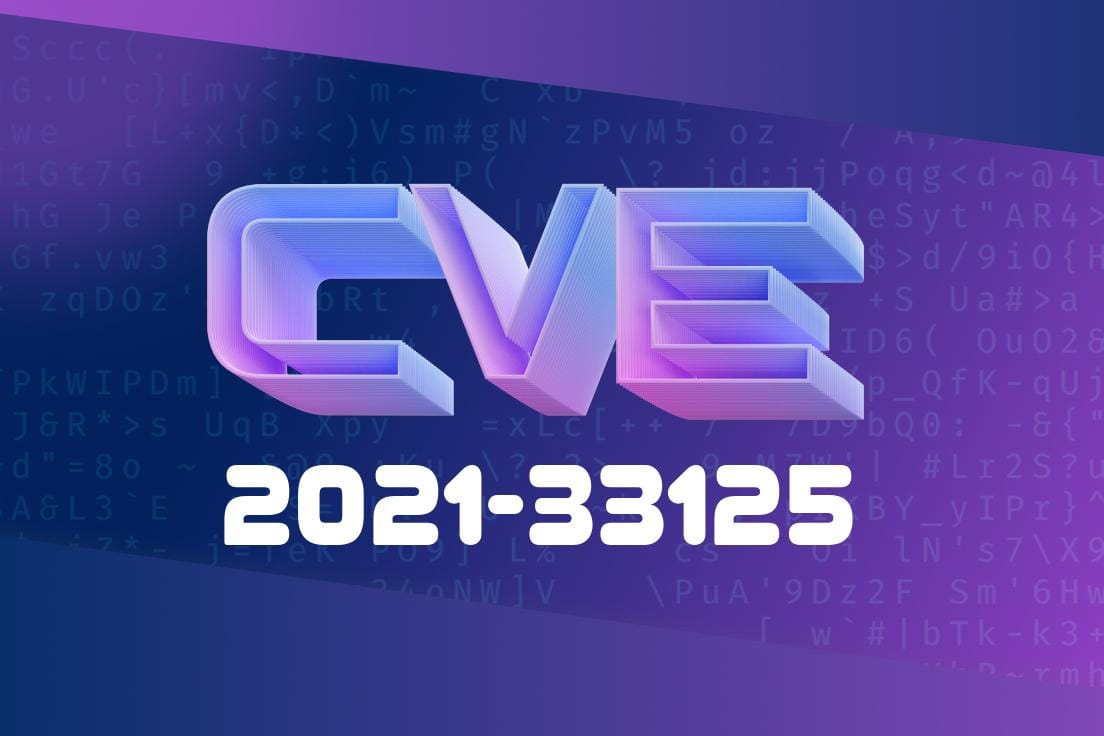When scrolling through security vulnerability lists, you may come across CVE-2021-33125. At first glance, it looks like a standard Common Vulnerabilities and Exposures (CVE) entry. However, dig deeper and you’ll find that this particular CVE tells a different story. Spoiler alert: nothing bad happened here. In this long-read post, we’ll break down CVE-2021-33125, illustrate why it was marked as “REJECTED,” and look at what this means for developers and security enthusiasts.
What is CVE-2021-33125?
CVE-2021-33125 is an identifier that was assigned as part of the international system for cataloging security vulnerabilities. It follows a simple format: "CVE-" then the year, then a unique number. Usually, CVEs document bugs that could put your systems at risk.
But CVE-2021-33125 is different. Here’s the official note
> REJECTED Reason: This is unused.
> This candidate was withdrawn by its submitter. It was inadvertently assigned or used; it is not associated with any issue.
So, this CVE never described a real vulnerability. But how do such entries end up in the CVE list? And what happens under the hood? Let’s explore.
Why Was It Rejected?
Sometimes, vulnerability IDs are requested or assigned by mistake, or reserved for issues that are later found to be bogus or duplicates. The “REJECTED” status means:
If you want to double-check, here are the official pages for CVE-2021-33125
- MITRE CVE Entry
- NVD National Vulnerability Database
(No) Exploit Details
Usually, an in-depth CVE writeup includes technical details and PoC (proof-of-concept) code—something like this:
# USUALLY: A working exploit or reproduction
import vulnerable_library
vulnerable_library.exploit('malicious_input')
But, with CVE-2021-33125, there’s nothing to exploit and nowhere to try. Here’s how you might represent this in code:
# There is no vulnerability here!
print("CVE-2021-33125: No action required. Safe and unused.")
Testing Mistakes: During security reviews, things that look suspicious turn out to be harmless.
CVE admins want to keep the list tidy, so they reject IDs that don’t refer to actual threats. This prevents confusion and helps everyone focus on real vulnerabilities.
Should I Worry About CVE-2021-33125?
Absolutely not. If you see CVE-2021-33125 in a security report, ignore it. No update, patch, or workaround is needed. In fact, any advisory mentioning this CVE as a risk is incorrect.
The Bottom Line
CVE-2021-33125 is a great reminder that not every scary-looking security identifier points to a real bug. Sometimes, “nothing happened” really means you’re just fine.
Quick Recap with Links
- Original MITRE Entry: https://cve.mitre.org/cgi-bin/cvename.cgi?name=CVE-2021-33125
- NVD Details: https://nvd.nist.gov/vuln/detail/CVE-2021-33125
- CVE Overview: https://cve.mitre.org/about/
When you see CVE-2021-33125, you can breathe easy—there’s nothing there! Sometimes, the best vulnerability is the one that never existed.
Timeline
Published on: 01/01/1976 00:00:00 UTC
Last modified on: 09/04/2025 00:40:34 UTC
